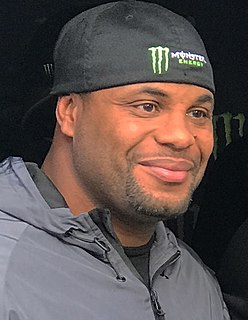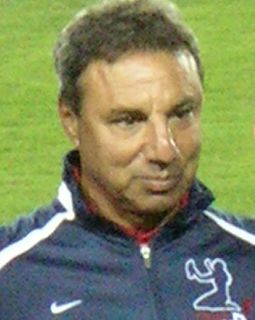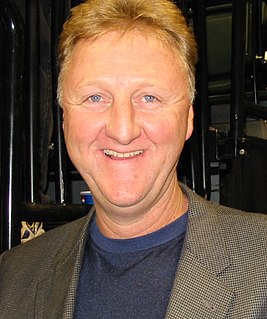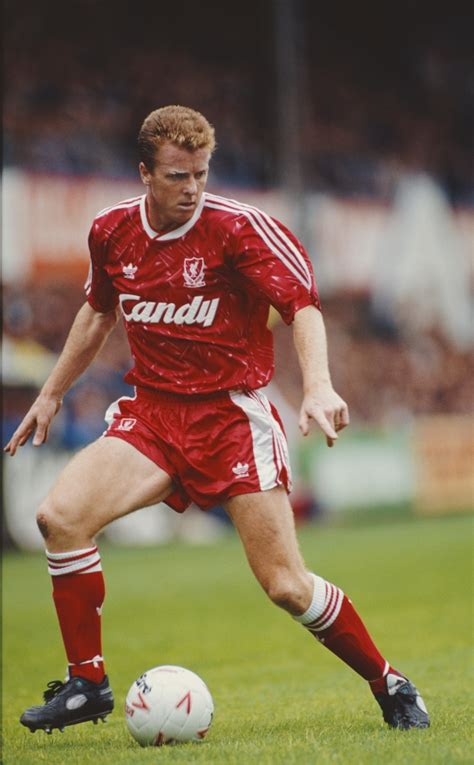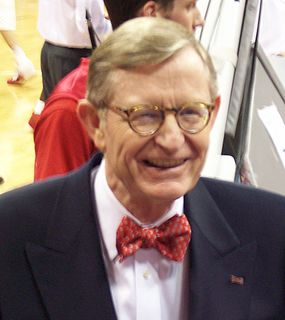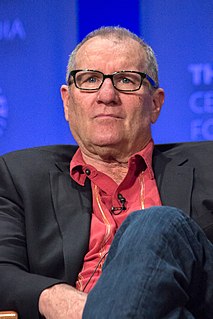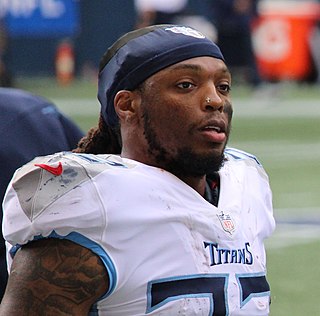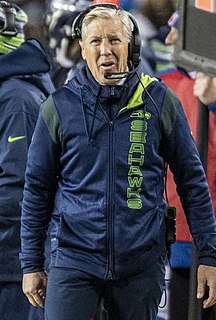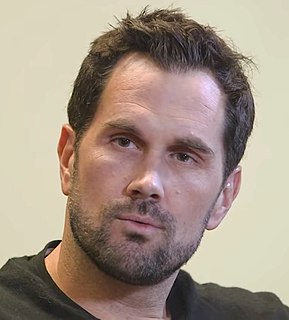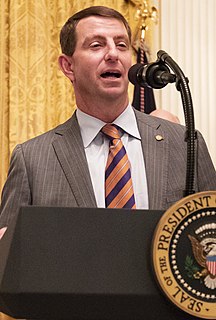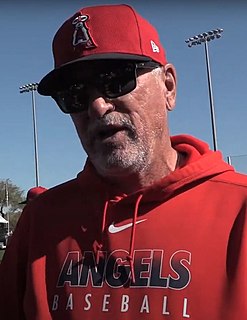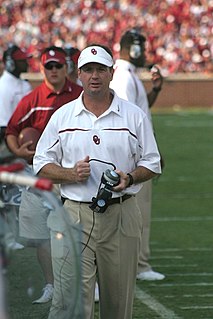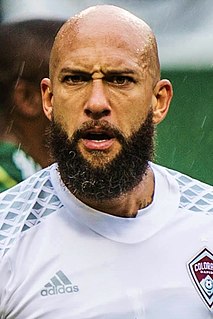A Quote by Daniel Cormier
People always get confused. They talk about coaches. The reality is, these coaches and managers that everybody thinks are in so much control, they work for us. They're our employees.
Related Quotes
We've lost a lot of coaches around here, but the philosophy and the approach, the standards we have set and the expectations we have maintained have always been upheld from one year to the next.I attribute that to the great character of the players and the willingness of the coaches to not get influenced and get off-message and to get out of the way.
